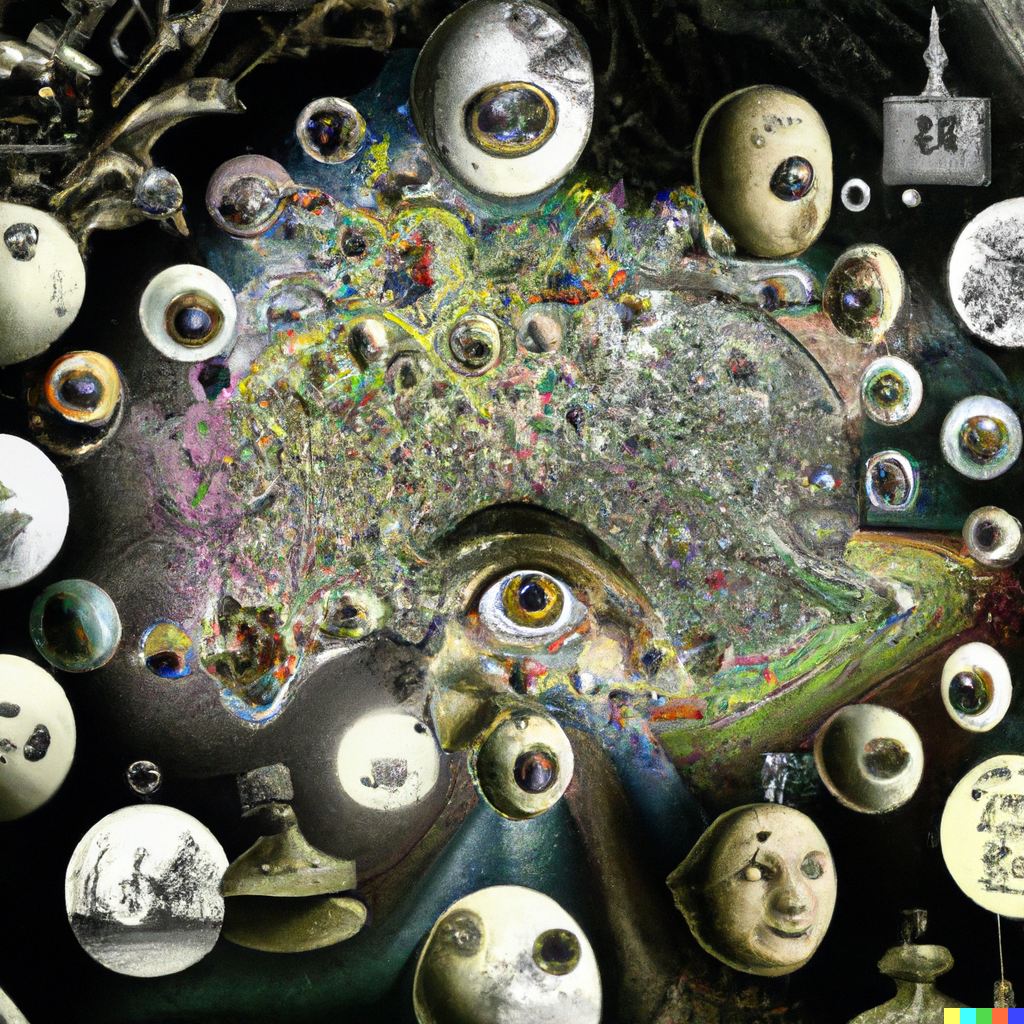Version 1.0 Theoretical Approach and Initial Methodology
In this paper we begin an attempt to understand and explain the ontological origins,
epistemological structure, and both social and neurological mapping of concepts. Through mapping out
complex networks of concepts, people, and books from small scale local environments to intercontinental links, we attempt to analyze connections in new ways. The aim of this is to gain insight into
how distributed cognitive networks unfold and form, along with finding novel ways of revealing latent or
hidden structure in such networks. In analyzing the network of concepts, people, and books that
constitute the Art-Sci lab at UT Dallas and expanding our scope to an ever-evolving international web of
concepts and people, we seek to reveal any patterns that emerge across levels of analysis within these
distributed cognitive networks.
To explore this in an applied way, the conceptual basis and initial steps
of three different experimental projects will be detailed. Brain of Books (B.o.B.) seeks to find the
conceptual links between books on the shelves in our lab. Further, it aims to find the relevance of these
connections for interlinking people in the lab, authors of titles and those cited within titles. Constellation
Mapper is an online forum for facilitating the formation of a widely distributed network of people and
concepts as a social media platform. Digital Iterative Glossary (D.I.G.) focuses on forming evolving
glossaries of concepts and context-relevant definitions for groups or networks of people (e.g., the ArtSci Lab).
In this paper, we will consider the area of 4E cognitive science as the contextual landscape.
We will lay out this perspective and its relevance and various implications on the current topic and set
of projects. As well, we will detail the reasons for the object of study (books) in the experimental
approach of the B.o.B. project and have a discussion on fractality and spreading activation in
connection to complex networks. Finally, preliminary steps, methods, and results will be detailed, along
with a discussion on the potential steps to come.

